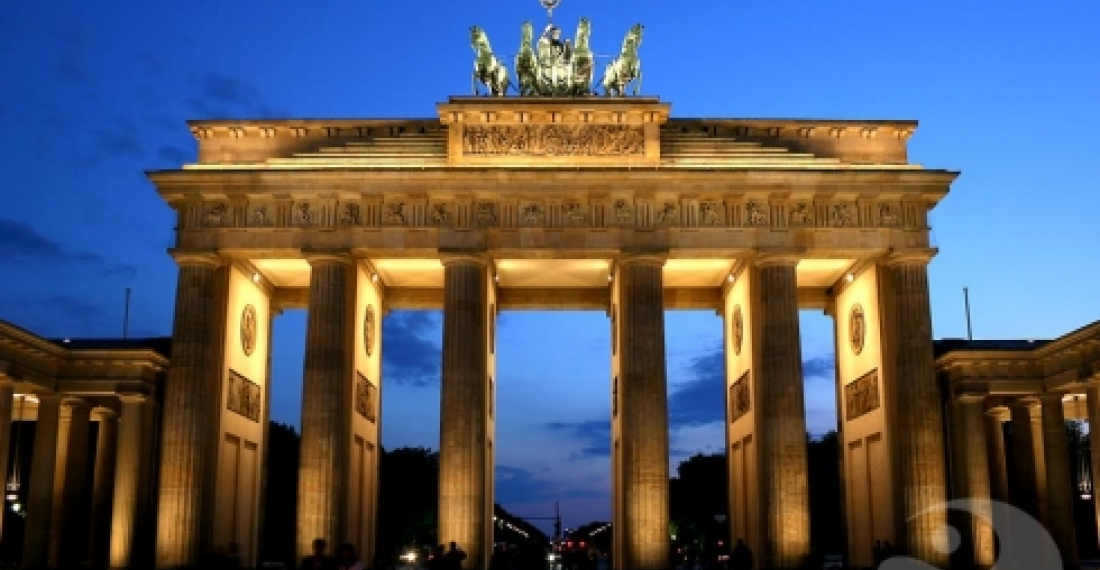Декларация о независимости Нагорного Карабаха от 6 января 1992 года не противоречит международному праву. Признав в одной из своих резолюций по карабахской проблеме декларацию Нагорного Карабаха о независимости недействительной, Совет Безопасности ООН нарушил международное право, так как международное право, как таковое, не запрещает такие декларации, в частности, декларацию о независимости Республики Арцах. Если Совет безопасности ООН признает Косово, то обязан признать и Нагорный Карабах".
Как сообщает собкор АрмИнфо в Степанакерте, об этом на проходящей в Степанакерте двухдневной международной конференции "20-летие независимости НКР: реалии и перспективы" заявил доктор юридических наук, профессор Гамбургского университета Отто Люхтерхандт, выступивший с докладом "Сравнительно-правовой анализ независимости Нагорно-Карабахской Республики".
"Я рекомендую Республике Арцах, ее официальным представителям, активно, энергично и уверенно пропагандировать, что ее декларация о независимости не противоречит нормам и принципам международного права", - отметил Отто Люхтерхандт.







